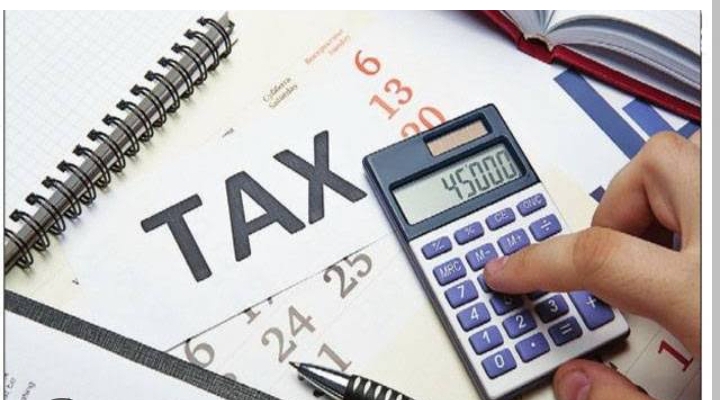How to Pay Taxes in Nigeria
A Comprehensive Guide: How to Pay Taxes in Nigeria
Paying taxes is an essential civic duty that plays a vital role in the development of any nation, including Nigeria. Taxes provide the government with the necessary resources to fund public services and infrastructure, support economic growth, and improve the overall well-being of its citizens.
In Nigeria, the tax system is administered by the Federal Inland Revenue Service (FIRS) and various state revenue services. In this article, we will provide a comprehensive guide on how to pay taxes in Nigeria, covering the process, requirements, and available resources.
Step 1: Taxpayer Identification Number (TIN) Registration:
Before you can pay taxes in Nigeria, you need to obtain a Taxpayer Identification Number (TIN). The TIN is a unique identification number assigned to individuals and businesses by the tax authorities. To obtain a TIN, you must visit the nearest tax office or the official website of the FIRS and complete the necessary registration forms. Provide accurate personal or business information, including your name, address, contact details, and nature of business.
Step 2: Determine Your Tax Obligations:
Nigeria operates a self-assessment system, which means that taxpayers are responsible for assessing and declaring their taxable income. It is crucial to understand the specific taxes that apply to your situation, as they may vary based on factors such as income source, business structure, and industry. The common types of taxes in Nigeria include:
Personal Income Tax: Applicable to individuals on their income from employment, trade, business, or investment.
Corporate Income Tax: Imposed on the profits of registered companies.
Value Added Tax (VAT): A consumption tax on goods and services.
Withholding Tax: Deducted from payments made to individuals or companies for services rendered.
Education Tax: A 2% levy on the assessable profit of companies.
Step 3: Maintain Accurate Records:
Maintaining proper financial records is essential for effective tax compliance. Keep detailed records of income, expenses, receipts, invoices, and any other relevant documents. This will help you accurately calculate your tax liability and provide supporting evidence in case of an audit.
Step 4: Prepare and Submit Tax Returns:
To fulfill your tax obligations, you must prepare and submit tax returns to the appropriate tax authority. The tax year in Nigeria is typically the calendar year (January 1 to December 31). Individual taxpayers are required to file their tax returns by March 31 of the following year, while companies must submit their returns within six months after the end of their accounting year.
Complete the tax return forms provided by the tax authority, ensuring accurate and up-to-date information. Include details of your income, deductions, allowances, and any applicable tax credits. Attach relevant supporting documents, such as financial statements, bank statements, and receipts, as required.
Step 5: Payment of Taxes:
Once your tax return has been submitted and assessed, you will receive a notice of assessment indicating the amount of tax you owe. Taxes in Nigeria can be paid through various methods, including:
Remita: Visit the Remita website (www.remita.net) or any authorized commercial bank to make payment.
Online Platforms: Some states and tax authorities have online payment platforms that accept tax payments.
Bank Transfer: Transfer the tax amount directly from your bank account to the designated tax account.
Ensure you use the appropriate payment reference, such as your TIN or the tax assessment number, to facilitate proper allocation of the payment.
Conclusion:
Paying taxes is a civic responsibility that every individual and business in Nigeria must fulfill. By following the steps outlined in this guide, you can navigate the Nigerian tax system with ease.

